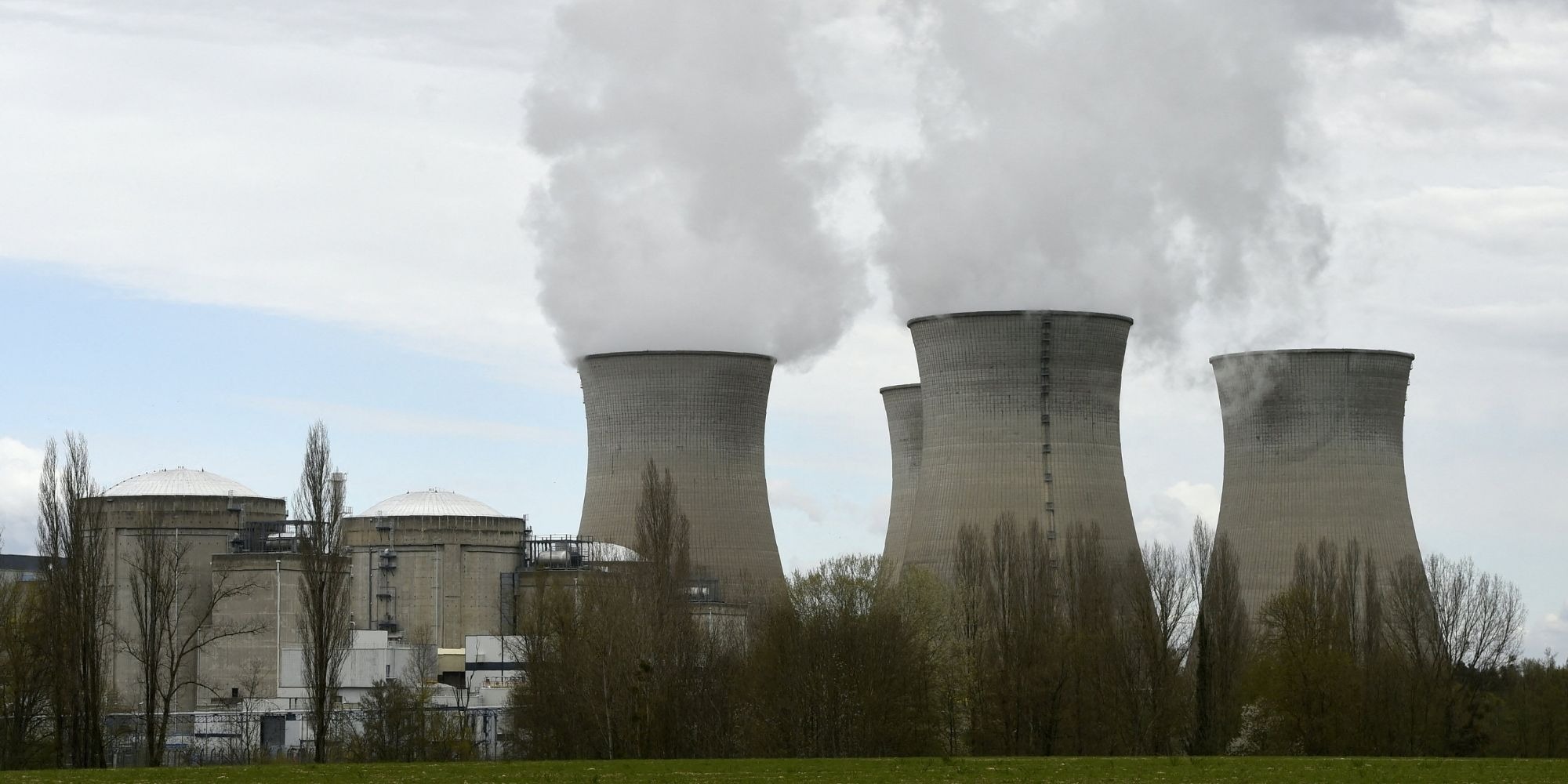Maud Descamps, edited by Solène Leroux 08:59, January 14, 2022
The Chooz and Civaux reactors will not restart before the end of the year, according to information from the Economy department of Europe 1. EDF has announced that their shutdown will be extended without specifying the timetable.
They were shut down due to a corrosion problem in mid-December.
This is very bad news for EDF. According to our information, the four largest reactors in the French nuclear fleet at the Chooz power plant in the Ardennes and Civaux in the Vienne – shut down in mid-December due to a fault detected in the cooling circuit of emergency – will not be able to be put back into operation before the autumn, or even before the end of the year. EDF announced that their shutdown would be extended without specifying the timetable.
Need new parts
The four reactors, which produce about 10% of nuclear electricity in France, have a corrosion problem that requires repairs and new parts. It will therefore be necessary to wait until the end of the year, according to information from Europe 1, the time for these new parts to be manufactured so that the reactors can be restarted.
This prolonged shutdown is expected to cost several billion euros to EDF.
Moreover, this corrosion problem also affects the Penly power plant in Seine-Maritime and could also affect other French nuclear power plants.
Little electricity to spend the winter
This news comes at the worst time for EDF, which announced on Wednesday morning a new delay on the Flamanville EPR site, and at a time when the availability of its reactors is at an all-time low.
Ten reactors out of the 56 in the fleet have been shut down.
Either for maintenance problems or for unforeseen technical problems.
The electricity network operator RTE warned in early January of the risk of not having enough electricity to get through the winter.
The Minister for Ecological Transition, Barbara Pompili, took the decision a few days ago to increase the amount of electricity produced by coal-fired power stations to compensate for the lack of nuclear electricity.

